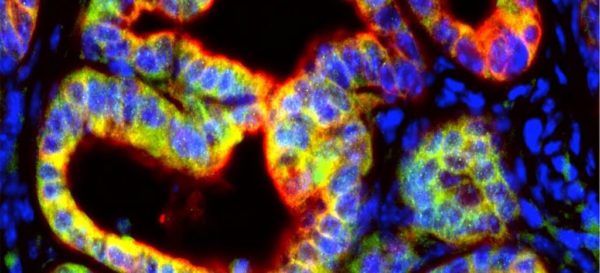
Tue, 2020/05/19
Tumor Cell–Derived IL1β Promotes Desmoplasia and Immune Suppression in Pancreatic Cancer

Tue, 2020/05/19
Study Found the Global SARS-CoV-2 Is Composed of Six Main Subtypes
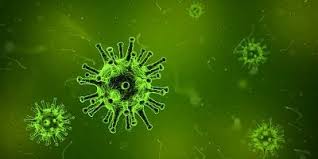
Tue, 2020/05/19
Do You Know How Cells Recognize Uninvited Guests?
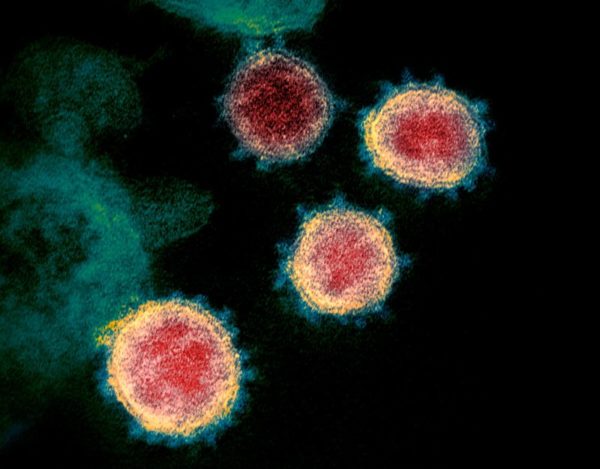
Tue, 2020/05/19
Why SARS-CoV-2 Spread So Easily Among People?
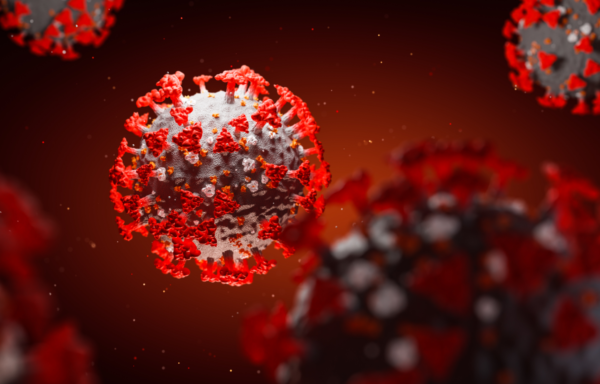
Tue, 2020/05/19
Nature: Scientists are Developing Nanovaccines to Fight New Crown Viruses
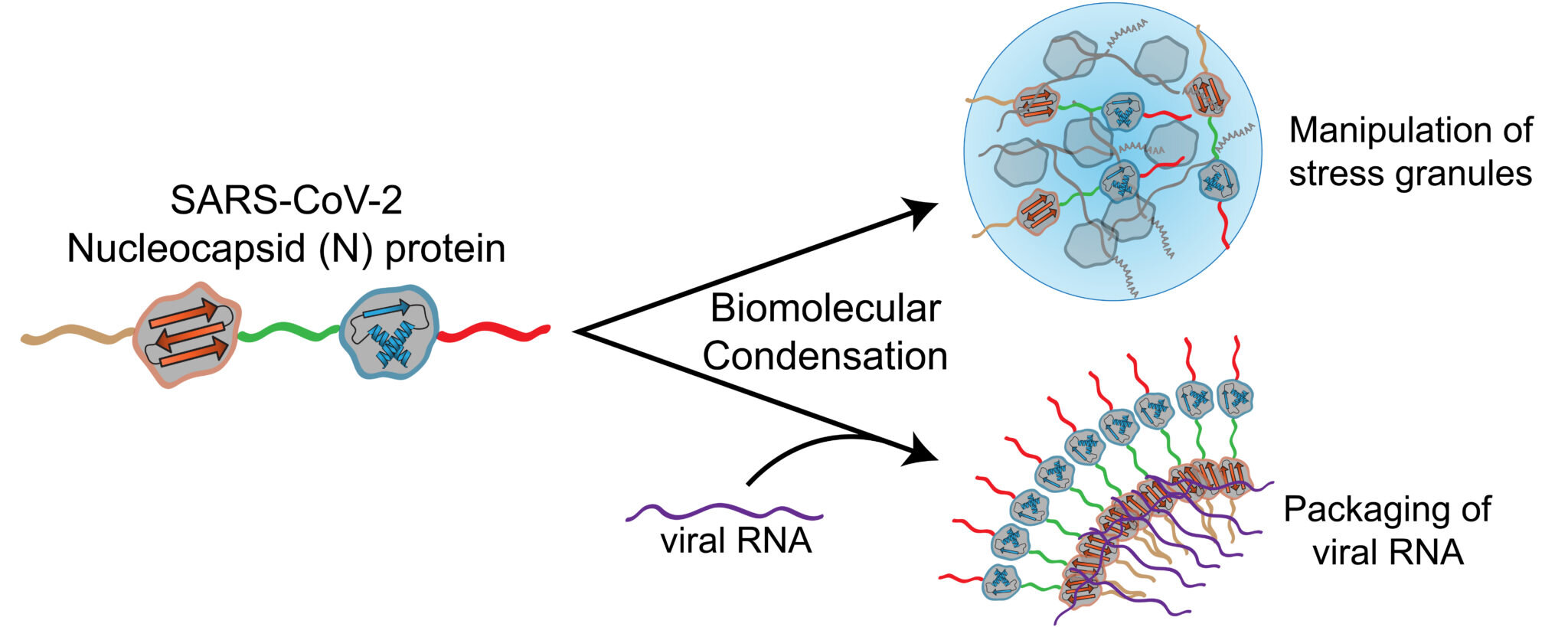
Tue, 2020/05/19
Immunity: Activating Tumor-Associated Macrophages to Fight Cancer
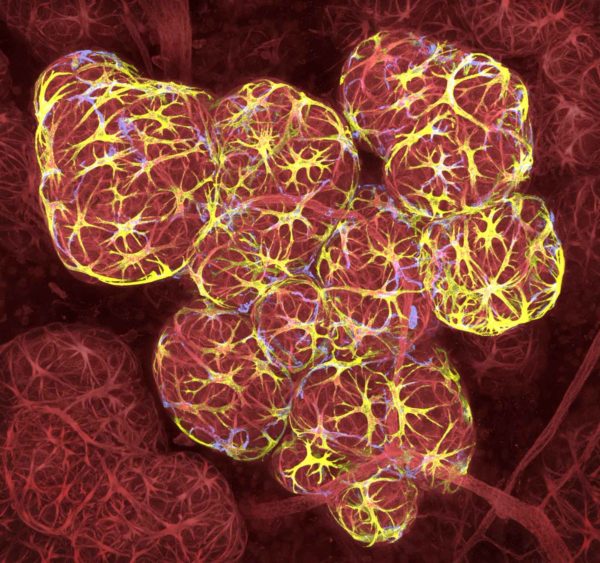
Mon, 2020/03/30
Nat Immunol: Revealing New Mechanisms of Increased Immunity Following Lung Infection
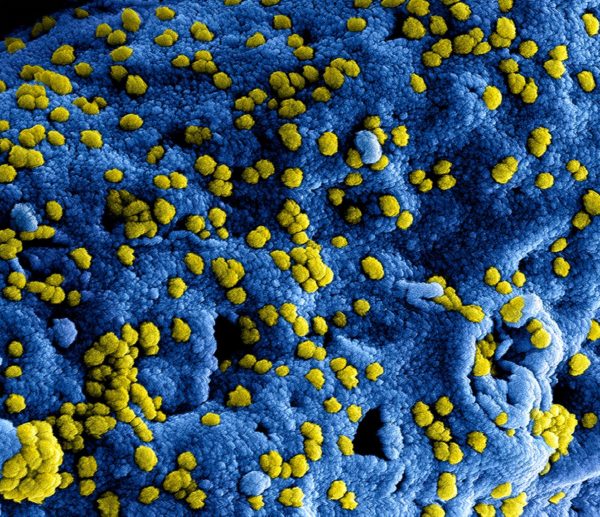
Mon, 2020/03/30
PNAS: New Study Shows that Remdesivir Prevents Coronavirus MERS-CoV Infection in Monkeys
